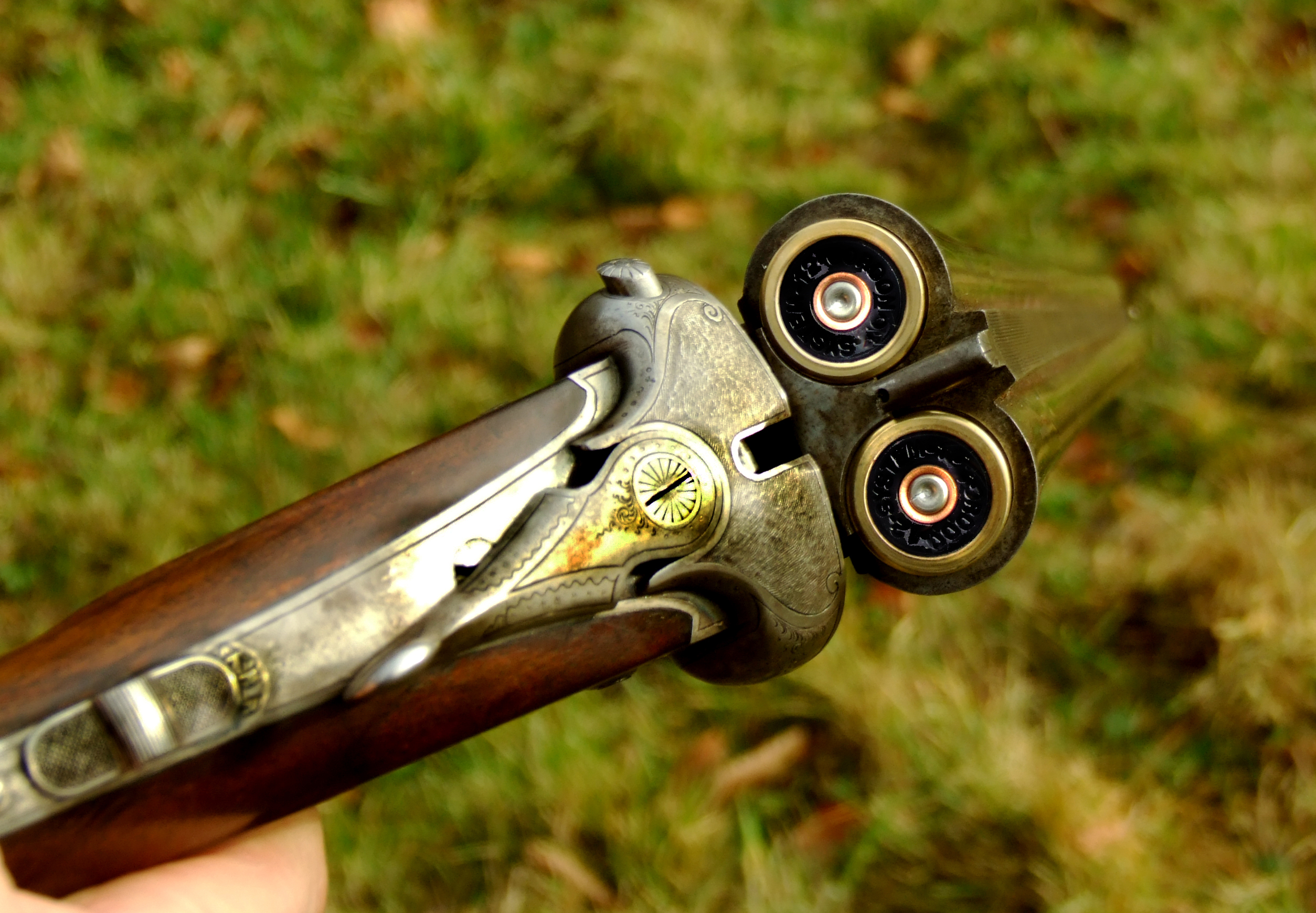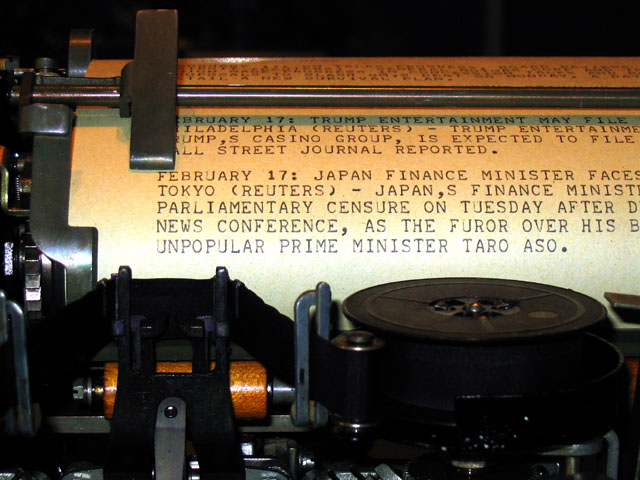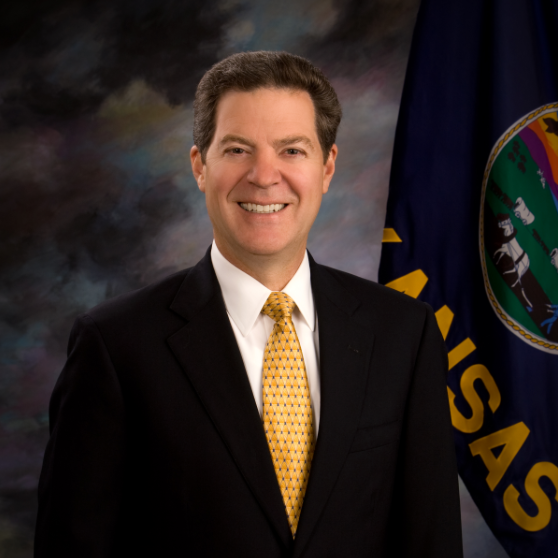We’ve done very well getting bipartisan cooperation on passing a suppressor hunting bill in Minnesota, only to draw a veto threat from Governor Mark Dayton, who notes:
“Nowhere in the Second Amendment to the United States Constitution does it refer to the right to bear a silencer,†Dayton wrote in the letter. “To allow gunshots to be silenced increases the danger to law enforcement officers, and to innocent bystanders.â€
It doesn’t refer to the right to bear pistols either, yet that was the key arm at issue in Heller. Can we give this stuff more than a soundbite’s worth of thought? Is that really too much to ask? The Governor also displays his ignorance of the subject. A silencer doesn’t silence: it takes a shot from being deafeningly loud to being kind of loud. Because rifle bullets used for hunting travel at supersonic speeds, even with an unsuppressed rifle, the target will be hit before the sound of the gunshot reaches it. Any public safety argument that revolves around the sound of gunfire being any kind of public safety benefit are ridiculous, as is the Governor if he vetoes this bill.
The linked article shows how we’re successfully driving this issue. Even thought the article is about Dayton’s veto threat, it still gets out all our key talking points in about suppressors to the general public. This is how you chip at the NFA: first, you build a constituency for getting suppressors de-listed, and hunting is one shooting activity where its benefits are apparent. Earplugs might save your hearing, but they also masks the sounds of wildlife, or more importantly, the sound of another person nearby you might have missed visually. It’s easier to get these talking points out in the context of hunting than anything else. Second, when you build that constituency enough, and the gun community becomes familiar with the applications and benefits of suppressors, push for having them delisted from the National Firearms Act. Five years ago I would have said getting anything delisted from NFA a pipe dream. Now, I think we have a realistic chance of delisting them in the next decade if the political winds keep blowing in the right direction.








